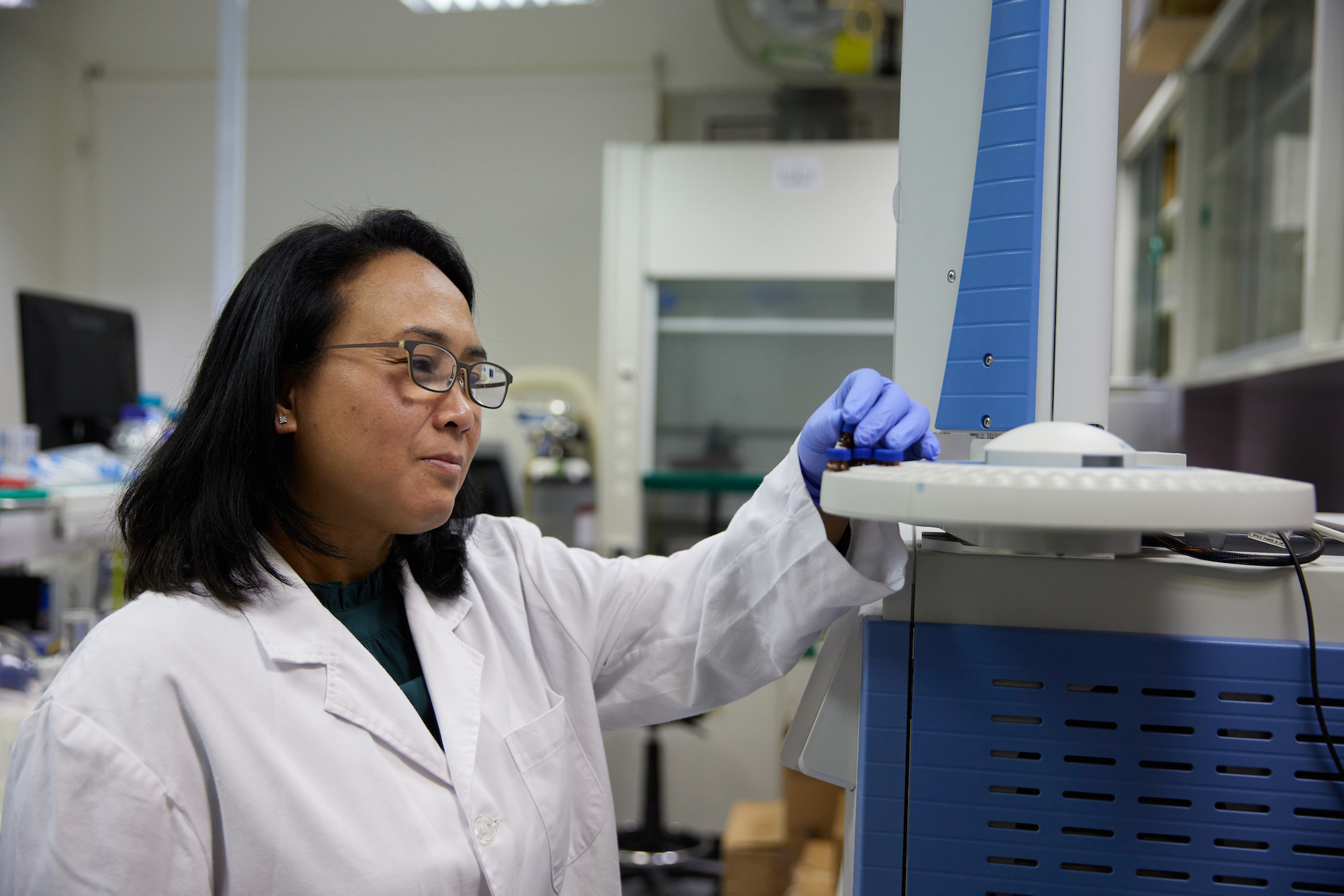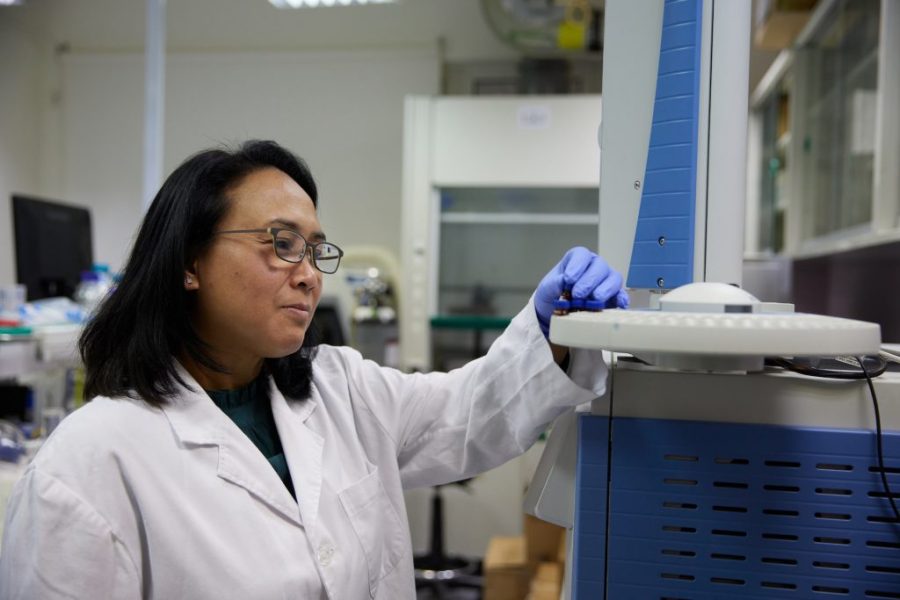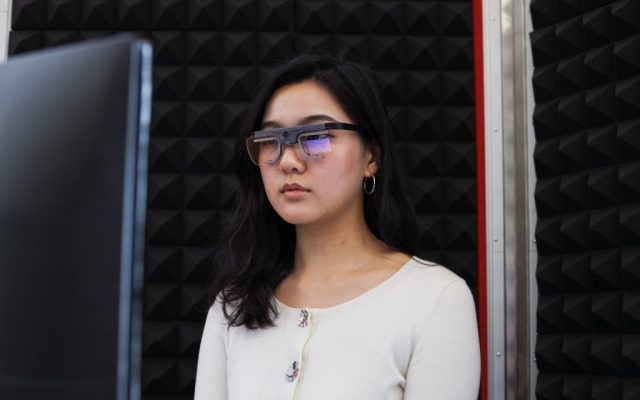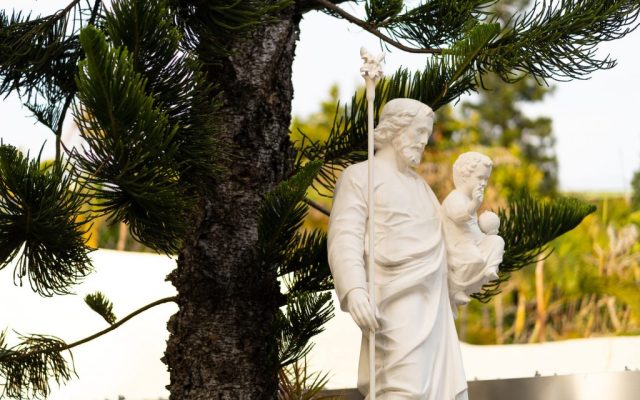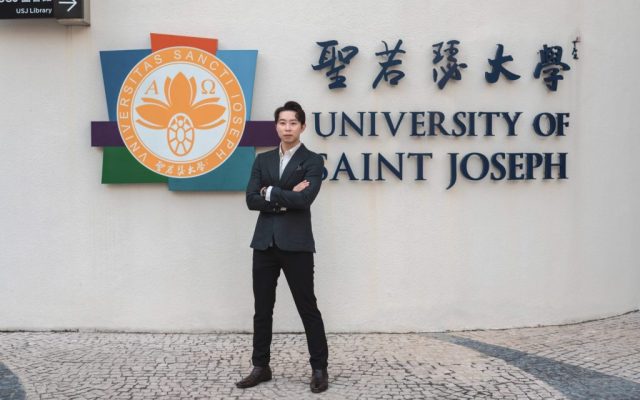As climate issues become more pressing, cities around the world will need to take stock of their environmental impact and implement more sustainable measures. By 2050, the world’s population is expected to reach 9.8 billion and, according to the UN, with nearly 70 per cent – 6.7 billion people – living in urban areas.
Karen Araño Tagulao, a senior lecturer at University of St Joseph’s (USJ) Institute of Science and Environment, is actively involved in scientific research, teaching and public awareness on these issues.
Tagulao teaches aspiring environmental scientists at USJ, leads workshops at local schools, and coordinates environmental education initiatives on Macao’s wetlands. She also researches mangroves to better understand their role in reducing pollution, maintaining biodiversity and protecting the city from flooding.
Here, Tagulao discusses the intersections of the environment, business and the community – and why environmental studies are crucial to achieving a more sustainable Macao.
Macao News: What does sustainability mean in real terms?
Karen Araño Tagulao: To me, sustainability means meeting our needs and living comfortably, happily and satisfied in the present, but also thinking about the future; whether or not our children and grandchildren will have the same benefits and nature that we have, if not more.
It’s also about not being selfish. We should enjoy life, but sustainability means doing that while thinking about the next generation. In a city like Macao, that can be challenging. It’s not easy to manage if we don’t have a strategic plan that we are all focused on. There are many more things we could be doing.
MN: How do we balance progress and sustainability?
KAT: Sustainability has three dimensions – the economy, the people, and the environment – and there has to be balance between all three. You can make progress, but you have to protect your environment. The environment should balance growth; it doesn’t have to be sacrificed for the sake of development.
If you want to protect your business, the economy, your money, you also have to protect nature. To achieve sustainability we must live and function within the limits of nature. All of our resources are provided by nature – we need nature, nature does not need us.
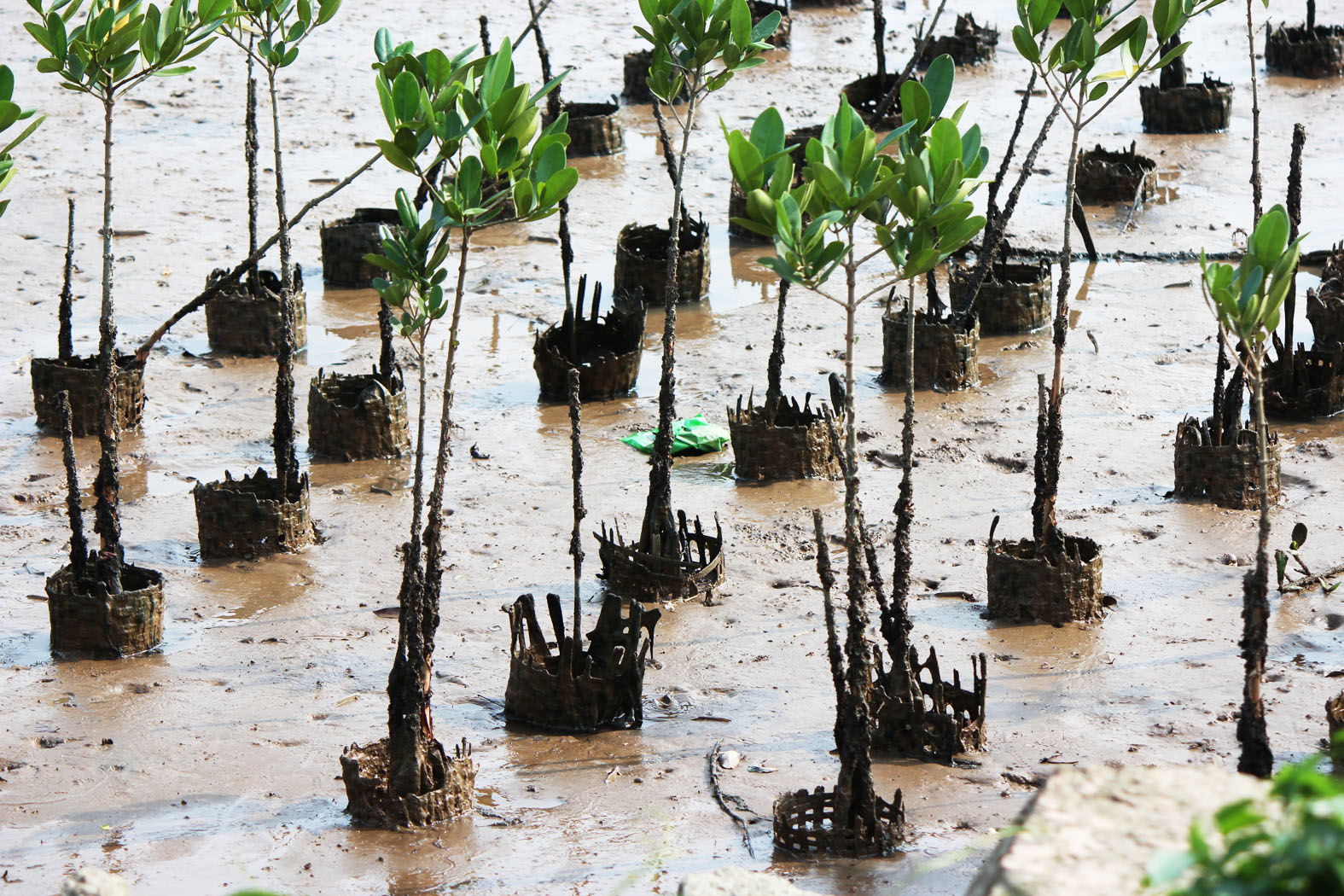
MN: You’ve researched mangroves extensively. How are they related to sustainability?
KAT: Mangroves are a very important part of our ecosystem. But unfortunately, they are marginalised and people don’t know too much about them. They are important because of their ecosystem services – the natural processes that benefit humans and social welfare.
As a coastal city, Macao is vulnerable to the impact of climate change; mangroves are very important for climate change adaptation and mitigation. They naturally protect the city from storm surges and flooding when we have super typhoons, and they also remediate or remove water pollutants, especially from the coastal areas.
They also promote and sustain biodiversity and balance urban development. They have a special ability to sequester large quantities of carbon – or take in and store carbon dioxide – even better than trees on land. This is because of their massive and extensive roots systems that contribute to the large pools of belowground live and dead roots, and combined with soil that’s mixed with sea and brackish water, enables them to store large quantities of carbon. They are like a natural carbon deposit. If we remove the mangroves, then all that carbon dioxide gets released back into the atmosphere.
MN: What would a sustainable Macao look like?
KAT: We would still have the buildings and the infrastructure, the casino resorts and other leisure facilities. But to balance this, we need a higher percentage of green spaces.
People also need to practice sustainability in their own homes and communities. We could include more recycling in our day-to-day lives. It’s a very easy, simple solution – we just need to make a bit of an effort to sort and deposit our waste. At USJ, we do a monthly recycling programme, where people bring their rubbish to the campus, and we teach them how to sort it.
We could also look at implementing more sustainable food and water management systems. For example, taking advantage of advanced hydroponic technology for urban farming. The important thing is not just talking about what we can do, but also actually putting it into practice. This is what a sustainable Macao looks like to me.
MN: What role does education play?
KAT: One very important aspect, which is the role of the university, is education. If people are educated and knowledgeable, they will become more responsible with their choices. If we know our impact on the environment, we will stop doing things to hurt it.
A good way to educate people is by linking it to business. If people are educated about the value of nature, then they can see how nature can impact their business. Take mangroves: How can we link mangroves and business?
Mangroves can protect the city from the impact of climate change, such as flooding. This protects our businesses and infrastructure from damage. It’s indirect but there’s an important link.
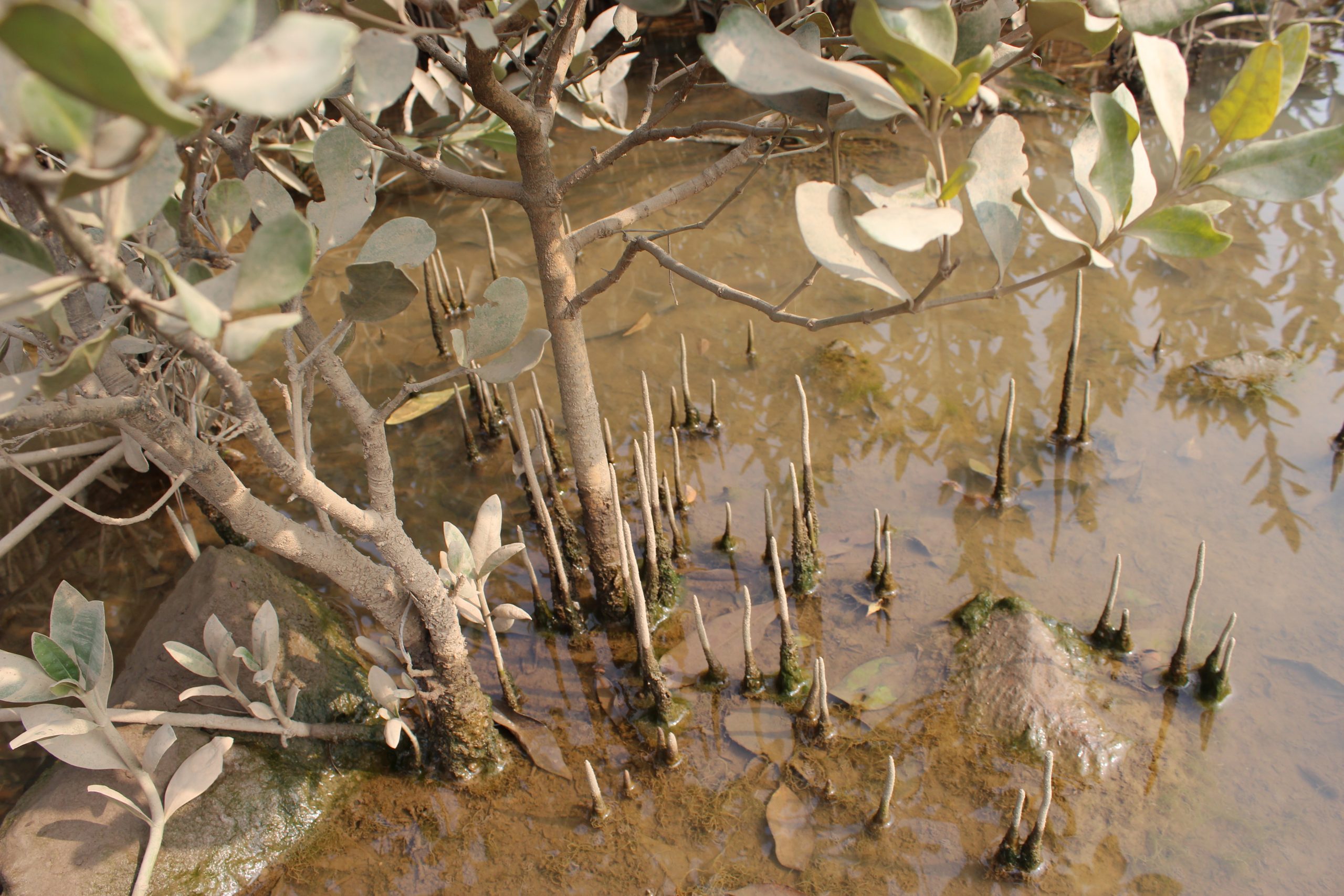
MN: How do USJ’s programmes fit into the equation?
KAT: It is only through education or acquisition of knowledge that we can manage and protect the city’s environment and navigate the challenges of the future. The degree programmes offered by the Institute of Science and Environment at USJ provide an excellent platform for this much-needed training and preparation.
Through courses like Environmental Science and Management, we can educate people of all ages about the value of our ecosystem. We can open their eyes to what can happen if we actually protect the environment – what benefits it can provide.
We already offer workshops and field trips. For example, every year we take hundreds of students into the wetlands to explain the value of the mangroves. We also want to reach the wider community, so we make videos, animations and booklets, and invite the community to help plant mangroves.
MN: What is the difference between each programme?
KAT: The bachelor’s in Environmental Science programme prepares secondary school graduates for successful careers in environment-related areas via broad formation from fundamental scientific areas – biology, chemistry, earth sciences – to more specialised and applied modules such as energy, pollution and waste management.
Our master’s in Environmental Science and Management are for those who want to pursue further training, whether fresh graduates from a bachelor’s degree or those who are already working, from both private and public sectors. The programme balances research-based modules (like Ecotoxicology and Environmental Health) with management-related modules (such as Environmental Management). These modules arm professionals with the skills they need to implement environmental solutions in their own workplace and become responsible, environmentally sound citizens.
We also have the PhD programme for those who are interested to specialise further and acquire advanced theoretical and practical research skills. This programme aims to prepare highly qualified professionals for developing research and development activities in private and public organisations or to develop an academic career.
Ultimately, all our programmes aim to train professionals who can contribute with solutions for the many environmental challenges of today and the future, and to make Macao a more sustainable city.
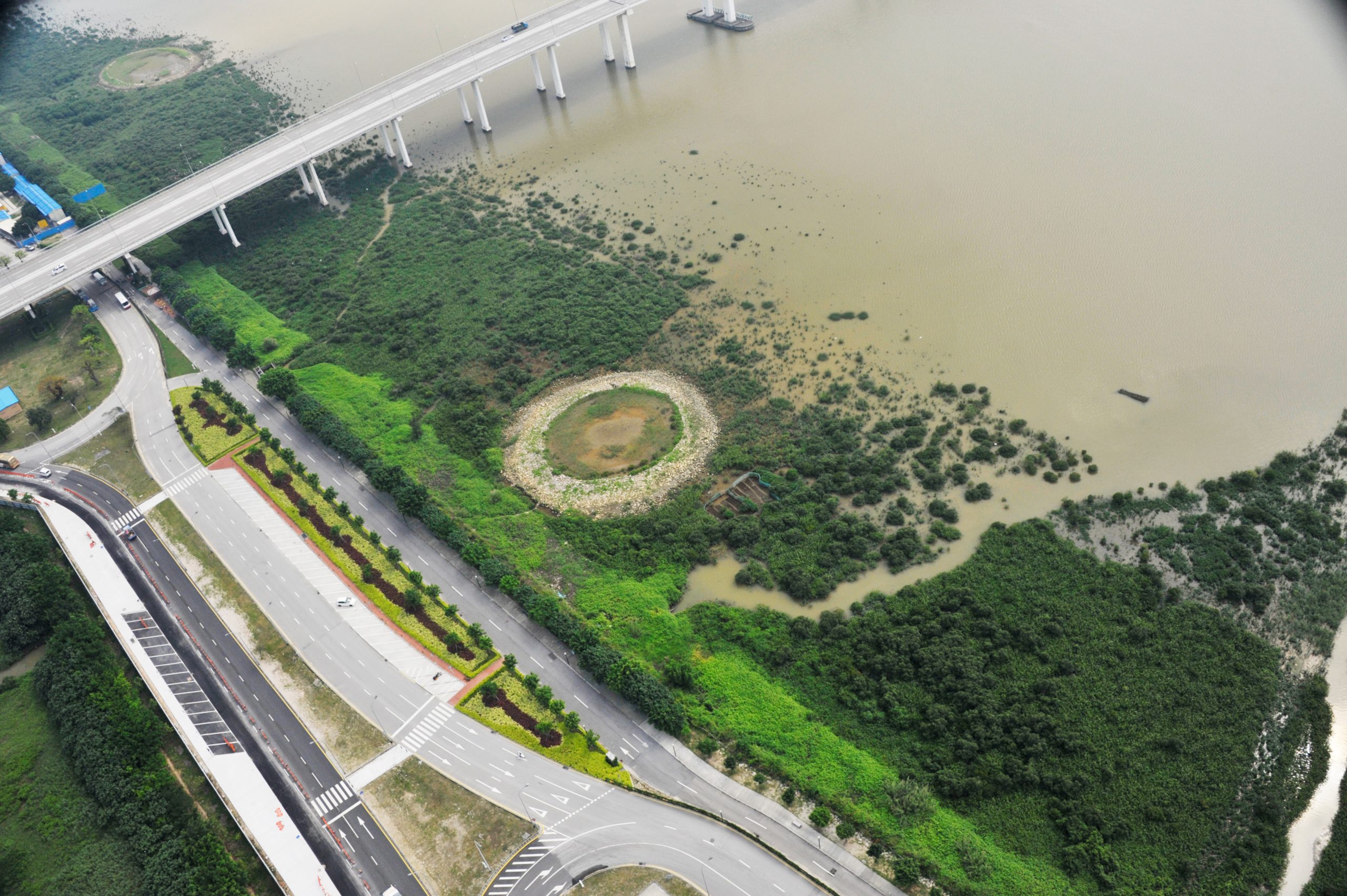
MN: In addition to education, how else can we prepare for tomorrow’s global challenges?
KAT: Research and technology. We need to integrate nature-based solutions with existing grey infrastructures for climate change adaptation and mitigation, so we are looking at how plants or other technologies can help reduce pollutants. Through research, we can address environmental issues.
One of my ideas is to use smart gardens to treat wastewater. The gardens would not just be beautiful, but also treat wastewater, which can be used for irrigation, urban farms, and other purposes. I’m imagining roof gardens, vertical gardens – a combination of biology and AI [artificial intelligence] for more efficient management and control. This is an example of how we can transform Macao into a more circular city.
MN: How do you share your knowledge with local industries?
KAT: I’ve recently joined the British Chamber of Commerce in Macao’s green committee. I think it’s important for academics to collaborate with businesses because we can provide sound, scientific, accurate advice to help guide decisions or activities.
I want to stay in academia, continue my research, and develop tools and techniques to address issues related to the environment. But I would also like to continue to collaborate with industries, such as the casino resorts.
Many hotels in Macao have water and energy-saving strategies – and they invest the monetary savings from these efforts back into research. They give a portion to us [USJ] for research and then we share sustainability strategies that are good for business and the environment. By quantifying nature’s value, more decision makers can better understand and visualise its importance.
This interview has been edited.
